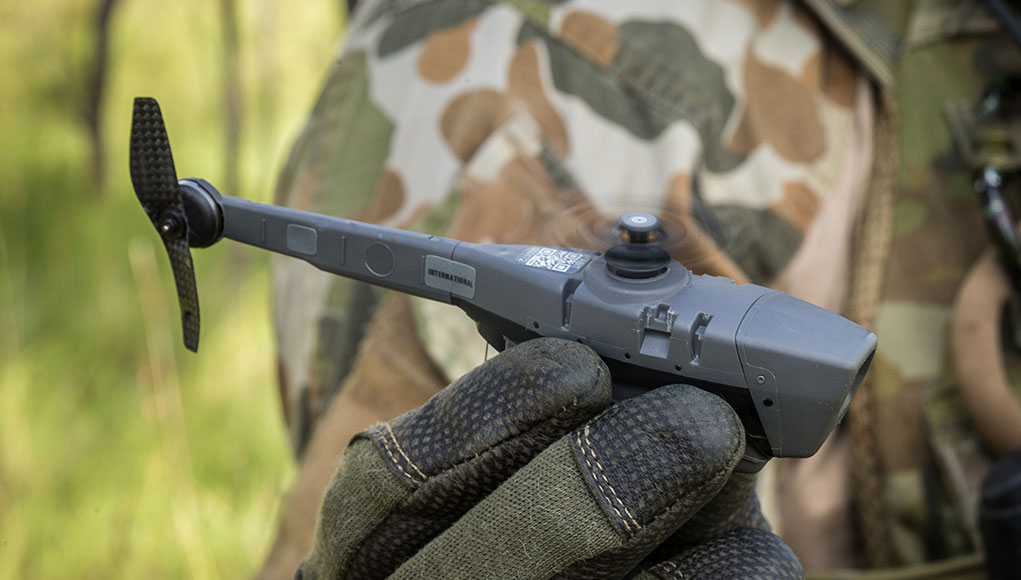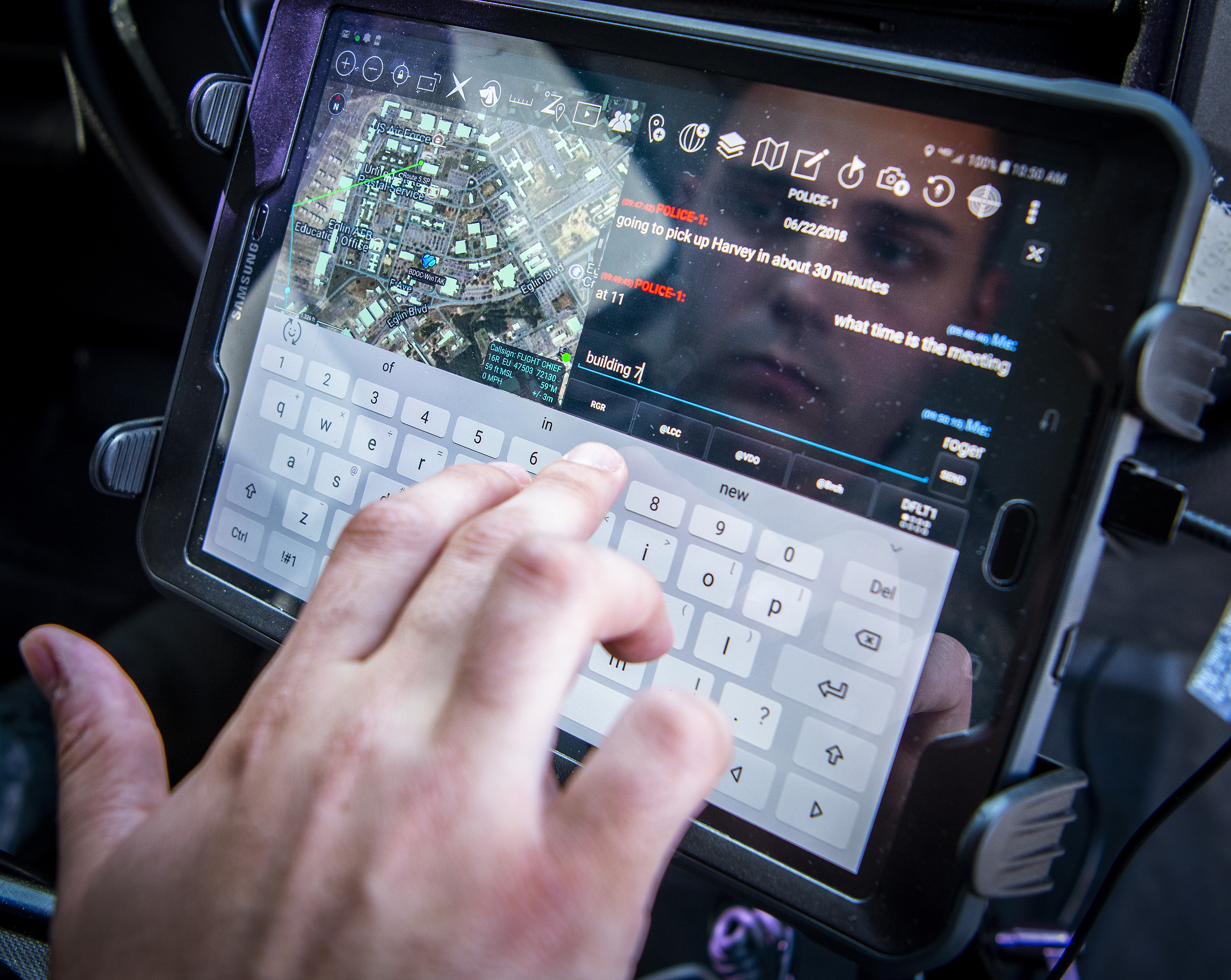This is NOT a story about ATAK, but one of its competitors. One outstanding piece of advice from this article is that you should only use software operationally that’s properly vetted an configured for your system. DO NOT use your personal device operationally — doing so is taking risks you don’t fully understand.
Troops who bring their personal tablets and smartphones into combat are at risk of being hacked by hostile actors, cybersecurity experts warn.
For years, U.S. special operators and other troops have used advanced war-fighting mapping applications – known as KILSWITCH and APASS – to facilitate communication between ground and air personnel. But an internal Navy Inspector General investigation determined earlier this year that these apps have vulnerabilities that aren’t being acknowledged, the Washington Free Beacon reported.
KILSWITCH stands for Kinetic Integrated Low-Cost Software Integrated Tactical Combat Handheld. APASS stands for the Android Precision Assault Strike…
In late June, the Marines issued a statement advising commanders to only use the apps on military-issued devices rather than commercially purchased devices – which are far more vulnerable to hacking and malware.
To be sure, no devices are completely free of risk. But exposure to vulnerability increases “exponentially” when troops use personal tablets and smartphones, said Dr. Herb Lin, a cybersecurity expert at Stanford University, cited by the Free Beacon. “Those are not hardened [devices], and the military-issued Android devices should be hardened and more secure.”
KILSWITCH and APASS are available for download through the military’s National Geospatial-Intelligence Agency’s “GEOINT App Store.” But many service members were downloading those apps to their personal phones for convenience, said Tom McCuin, a retired public affairs officer for the Army Reserves, in an online essay.
ATAK is available in the NGA GeoInt store. The civilian version is also available for free to emergency responders, here.



